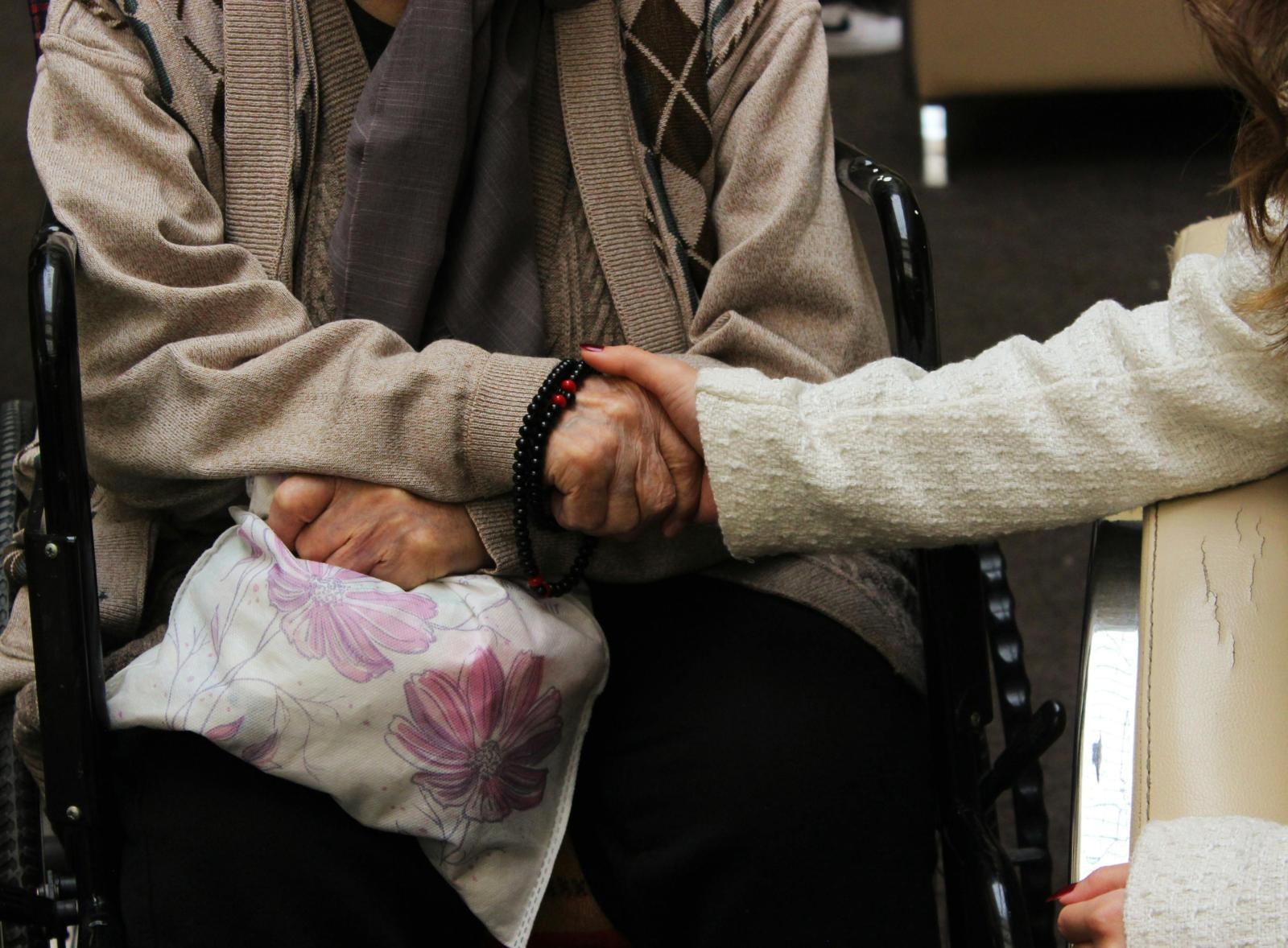By Professor Jacob Phillips
The debates surrounding assisted suicide will continue throughout 2025, with the parliamentary committee charged with scrutinising the Terminally Ill Adults (End of Life) Bill sitting later this month. Many of these debates will already be familiar to readers of this feature. They include the very real practical concerns about, for example, the huge ambiguity of establishing if an unwell person is within the six months of death legally required to undergo assisted suicide. There is also the equally real challenge of trying to establish if someone is opting for assisted suicide because they feel they are a burden, not because they live in unbearable pain, which is the official rationale of Kim Leadbeater’s Bill.
Added to all these serious practical issues, however, we Catholics are concerned also with elements of our faith. Such elements include, of course, the first commandment, the doctrine that human beings are created in the image of God (Gen 1:27), and the corollary of this doctrine that life is a gift from God and is therefore at God’s disposal and not ours. The Catholic argument against assisted suicide is that, even were all the challenging practicalities somehow surmounted, it would always be gravely wrong in all circumstances.
Living in a religiously plural and yet relatively secularized country like Britain, there are obvious reasons as to why it is necessary for Catholics to form strategic alliances with campaigners against assisted suicide working from a purely practical standpoint. Someone who is opposed to the Bill on the basis of insufficient safeguards can and should find common cause with Catholics who believe our own lives are not for the taking in any circumstances whatsoever. Indeed, it is often prudent when discussing this issue in the workplace, the media, or indeed the parliamentary chamber, to focus on the practical side of the argument – the side which is immediately understandable to all fellow citizens.
That said, I wonder if we can perhaps open up a space between theological arguments and practical arguments. This space is the realm of culture. This is a dimension shared by all citizens, but it is one which is never entirely absent of religious commitments. As Benedict XVI wrote, 'religion is the essential element of culture, indeed it is its determining core'. This entails that even the most thoroughgoingly secular culture will have core commitments with a religious character, meaning commitments toward ultimate things – like the purpose of human life.
The Dominican Herbert McCabe held the core commitment of secularism to be that a purposeful life consists in 'each one of us developing his/her individual personality as far as possible'. At first glance there seems little to disagree with here. On closer inspection, however, McCabe highlights an overemphasis on personal autonomy. It is down to each of us alone to self-develop ourselves, with little assistance from others, let alone God. What if a perceived opportunity for self-development conflicts with, say, familial responsibility, the marital covenant, or a religious vow? Most pertinently of all, are people who may be prohibited from developing their personalities in this way, like the very elderly, the infirm, and the disabled, living meaningless lives?
The reality is of course that there is much more to life than personal autonomy. Being genuinely human means to be loved by friends and family regardless of our achievements. Being genuinely human means we love others simply by merit of their being who they are, not as means to our own self-advantage. Being genuinely human means, as McCabe puts it – 'I find myself, my unique personality’ precisely 'in my relations with others'. Forsaking some autonomy for the sake of our bonds to other people, for marriage, family, or community – is not, he says, 'a denial of self' but rather 'a discovery of self'.
The important point here is that the above paragraph doesn’t make recourse to the first commandment, Gen 1.27, or the beautiful passages in the Catechism about our calling to holiness and sharing in the divine life (356-361). My experience is that a great many people of goodwill entirely understand that a life centred on personal autonomy is not only gravely insufficient, but can be detrimental to oneself and others. This makes sense in cultural terms. One might go so far as to suggest such convictions are central to a culture of life.
Thinking very concretely, we can imagine a focus on life’s deep connectedness to others meaning people being more aware of how a premature, self-chosen death would impact our loved ones. It would mean loved ones themselves cherishing how a person remains who they are, the object of our love, even in the midst of inexplicable suffering. Ultimately, as put by Cardinal Vincent Nichols, it would mean that the 'suffering of a human being is not meaningless' but 'an intrinsic part of our human journey' which finds its fulfilment in Jesus Christ.
Jacob Phillips is Professor of Systematic Theology at St Mary's University and author of the book, Obedience is Freedom.
